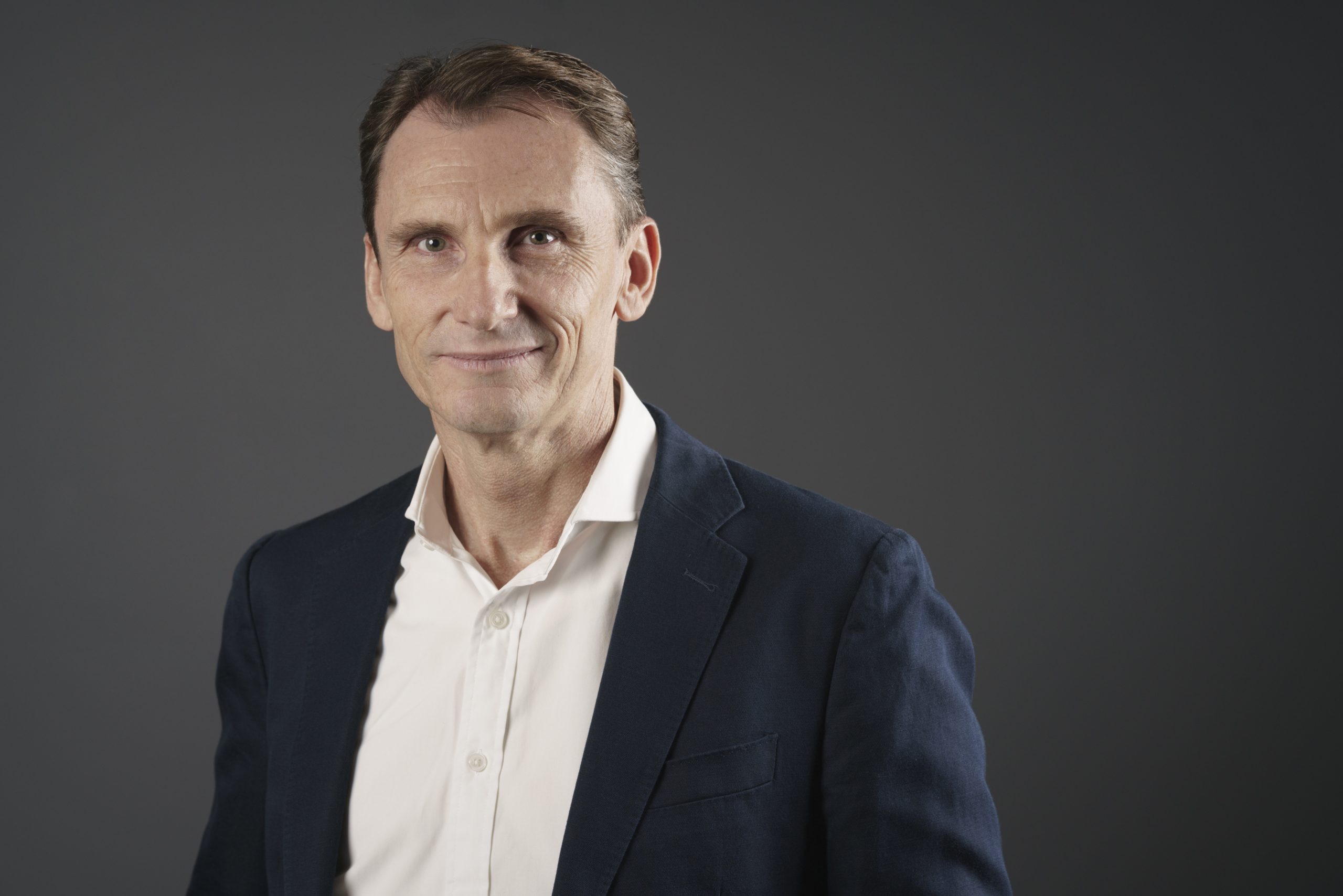When banking veteran Mark Harper left the industry to start up a healthcare platform, it took every lesson he’d ever learnt from other businesses to build it.
This post continues our series where we ask business leaders for their insights and lessons learned on their success journey.

Until now, Mark Harper has spent his entire career in banking, and the bulk of that dealing with SMEs as BOQ Head of Product, Strategy & Innovation and Suncorp Executive Manager for Business Lending. Now the CEO of new health insurance platform Vspry, Harper shares his business journey from the other side.
Married for 25 years with four children, Harper estimates they’ve spent “the best part of $100,000 on private health cover” only to receive benefits of around $20,000. So he’s doing something about it. Armed with a Bachelor of Business majoring in Banking & Finance from Southern Cross University, and with more than two decades’ experience in banking, Harper says he’s “a middle-aged mouse that has jumped off the treadmill, escaped out of the cage and is bravely exploring an amazing jungle, full of adventure and opportunity”.
How did Vspry come about?
In 2018 I met Dr David Hills, who was a BOQ customer. He was passionate about the idea that healthcare could be much more affordable and accessible if consumers had an alternative to private health insurance. The idea was that if we enabled them to regularly save and pay for their healthcare, they would be able to better budget and manage their healthcare spend. For many Australians these costs are getting out of reach.
He also related the challenge that health practitioners have in growing their practice against a backdrop of private health insurers increasingly removing the choice of practitioner from consumers, while consumers continued to be slugged with big premium increases and even bigger blow-outs in out-of-pocket expenses, even though they have health insurance.
What previous experiences did you draw on to create Vspry?
My last role at BOQ was as Head of Product, Strategy & Innovation, which included leading BOQ’s first tech start-up called Deidle. The Deidle start-up addressed a similar problem in another industry so the insight I gained from Deidle with David’s idea to develop an alternative to private health insurance was a match made in heaven.
Deidle was a great success, but BOQ ultimately decided to focus on core banking, leaving the innovative stuff to more entrepreneurial businesses.
What have you learnt on your business journey?
What’s needed to scale. Some owners like remaining small, but those that desire to grow a bigger business struggle to migrate from working in their business, to working on their business.
This is changing, though. Higher education levels of small business owners are paying dividends. I saw this most acutely in agribusiness where family farms are seeing kids return home to run the farm with dual agronomy and business degrees, resulting in the new generation achieving better results than their parents due to better education.
Vspry is a small business today, but we are building systems, processes and a culture to support a global business. At the centre of this is culture, one that attracts high quality people who share our dream.
How do you motivate your team?
We have a board that meets monthly, which recalibrates our business strategy and activity plans. Each day we perform a ‘stand-up’ where we discuss each member’s progress and challenges as a collegiate team.
Our goals are formed via a fishbone approach: causes and effects that lead to our dream being achieved. It gives meaning to the activities we engage in – if we do X, we should get Y outcome – and measures the drivers of what is important.
How do you deal with failure?
If you haven’t failed, you haven’t tried. One of the reasons that I’m now the co-founder of Vspry is that in my last corporate role I failed to convince the executive board to launch an exciting tech business for which they provided seed funding. We successfully built all of the tech, won customers and were ready to scale. But with failure comes learning, and those lessons are being reinvested in Vspry.
Most people don’t like failure, so they place limits on themselves or on their team or company. Instead of avoiding risk, embrace it, take measured risks, fail fast and re-invest. Rinse and repeat.
What excites you about the future?
Vspry was incorporated in January 2019. We recruited a bunch of young software engineers from UQ, QUT and Griffith University to develop a modern, user-friendly platform which will support our launch.
We have a lot of work to do, including securing authorisation from financial regulators before we can launch our product, but the fact that Vspry has access to the same tech, at the same unit price as the biggest companies around the world means we have the capability to support our goal of making healthcare more affordable for millions of people around the globe.
Thank you Mark for sharing your insights and proven advice.
You can connect with Mark Harper on:
LinkedIn: www.linkedin.com/in/markaharper


So important Mark that somehow somewhere, we have an alternative to the current broken system. We would and should all leave our private insurers however, like democracy, they’re “the worst system except for all the others.” My very best wishes for every success Mark.
Health insurance has its place. Our offer is simple … where PHI offers limited choice, we provide maximum choice of where you can spend.
Where PHI provides an insurance model (i.e. you pay a premium for a risk that may not materialise), we provide a savings model such that you get value returned to you for every dollar you contribute. The savings solution doesn’t suit everyone, particularly if you are a heavy user of the health system. Thanks for your post Brendan!